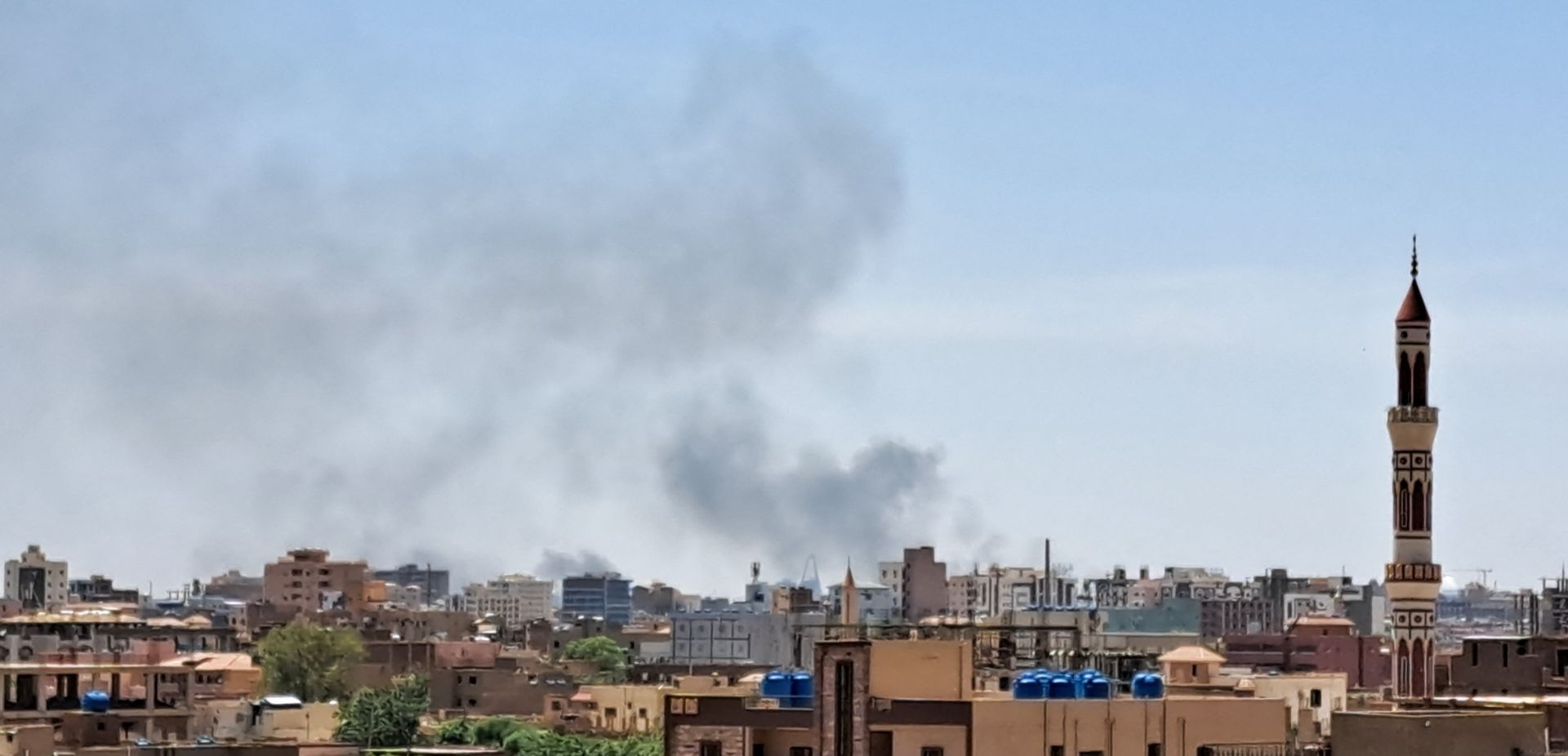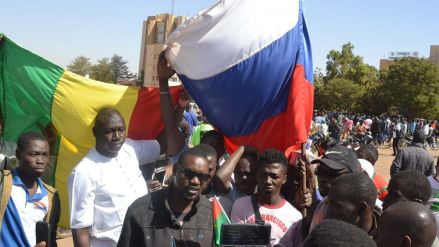In 1984, Nimeiry declared a state of emergency. The country was experiencing serious economic problems caused by inflation and famine. On April 6, 1985, while Nimeiry was on an official visit to the US seeking financial support, Defense Minister General Abdel Rahman Swar al-Dahab staged a coup. This time, the army did not intend to rule alone. Elections were held and the Islamist leader Sadiq al-Mahdi became prime minister.
The years that followed brought successive coalitions (involving parties from the south) and political quarrels. The economic situation was bad. On June 30, 1989, another coup took place, with Brigadier General Omar Bashir becoming the new leader. He was to remain in power for 30 years, the longest in the history of independent Sudan. In the fall of 1993, the junta known as The Revolutionary Command Council for National Salvation (RCCNS-Sudan) dissolved itself and handed over power to President Bashir. Not that he was a democratically elected president. He gave himself the title.
Militia on horses and camels
The dictator introduced Sharia law throughout the whole of Sudan and started a war with dissenters from the south. Millions of civilians fled the country. And in the south there was a split between the partisans when one of the factions began to fight not for autonomy, but for independence. In the north, rebels fought with the government in the provinces of Eastern Sudan, Blue Nile and in the Nubian Mountains.
 SIGN UP TO OUR PAGE
SIGN UP TO OUR PAGE 
This 22-year-long civil war claimed at least 2 million lives and another 4 million fled the country. On January 9, 2005, the southern Sudanese leader John Garang signed a peace deal with Bashir's government. Key to the agreement negotiated with Kenya's mediation was the exclusion of the south from Sharia law and the guarantee of six years of autonomy before the 2011 referendum on the future of south Sudan.
In 2011, more than 93% of the inhabitants in the south voted for independence. The oil-rich country declared independence on July 9, 2011. Africa's largest state, as it was at the time, was divided.
And then came renewed insurgency in the Nuba Mountains and Blue Nile province, where guerrillas calling themselves the Sudan People's Liberation Army-North (SPLM-North) fought the government. In the spring of 2012, clashes broke out between Sudanese and South Sudanese troops in the oil-rich border area. Long before, war had also moved to Darfur, Sudan's western province. In 2003, a rebellion was started there by the aforementioned Sudan People's Liberation Army and the Justice and Equality Movement (JEM).
Non-Arab armed groups there had lashed out against the Khartoum government, accusing it of racial discrimination, marginalization and exclusion. In response, Khartoum created the armed formation of Janjaweed, an Arab militia fighting on camels and horseback that linked up with the regular army in attacking Darfur villages.
According to UN data, the conflict claimed 300,000 lives in its first five years, the result of direct combat as well as disease and malnutrition. About 2.5 million inhabitants have been displaced. In 2009 and 2010, the International Criminal Court (ICC) in The Hague issued arrest warrants for President Bashir accusing him of responsibility for war crimes, crimes against humanity and genocide committed in Darfur.
The army ran down the street
The first attempt by a military group to overthrow Bashir took place shortly after South Sudan's secession, in November 2012. To no avail, however. As it turned out, poverty proved to be the greater threat to the dictator. In December 2018, crowds took to the streets of the city of Atbara in protest at rising bread prices, widespread corruption and unemployment. The protests quickly spread to other parts of the country, eventually reaching Khartoum. The security services, trained and supported by Russian mercenaries from the Wagner Group, responded with tear gas and live ammunition.
Bashir's long reign came to an end in April 2019. Hundreds of thousands of people took to the streets. They organized a tent city in front of the army headquarters in Khartoum. It was already clear to everyone that a dictator isolated on the international scene was incapable of leading the country out of its deep economic crisis.
The generals, who had until then carried out Bashir's orders and committed criminal acts in places such as Darfur, for example, could not allow the civilian opposition to stage a victorious street revolution and simply takeover power. Instead, they seized power, placed the dictator under house arrest, suspended the constitution and imposed a three-month state of emergency.


 SIGN UP TO OUR PAGE
SIGN UP TO OUR PAGE 





